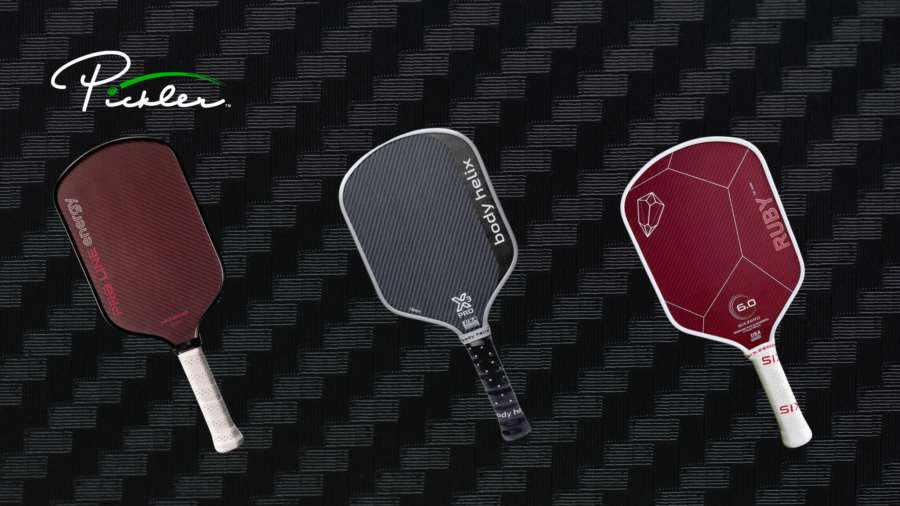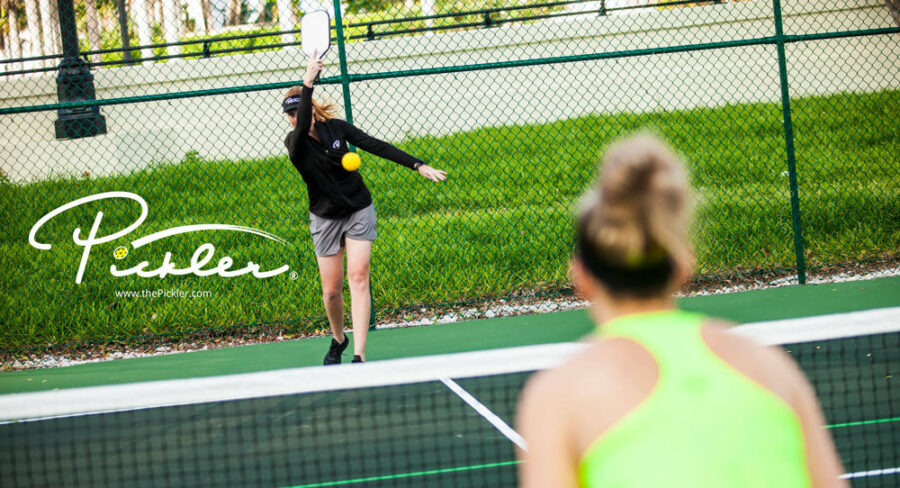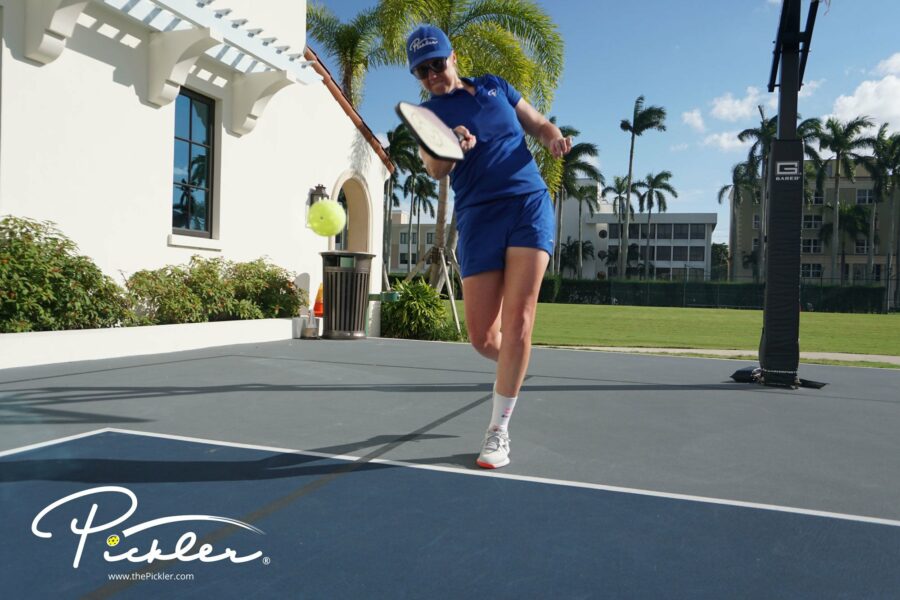Pickler The Podcast is just shy of its one-year anniversary. Over the course of the last year, there have been some interesting conversations and amazing opportunities to learn more about the people in and around the sport of pickleball. Looking back on the podcasts so far, one conversation keeps circling around in my mind, especially given the rise of the pickleball tours and competition between them (notably, the PPA Tour, the APP Tour, and Major League Pickleball). And, this conversation revolved around what the sport of pickleball can do to grow its fan base and improve its fan engagement, in order to really legitimize the pickleball as a “pro” sport.
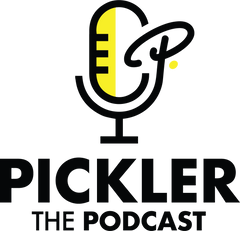
In particular, MIT senior lecturer and sports expert, Ben Shields, who focuses on digital transformation and innovation in the sports, media, and entertainment industries, had the following to say:

The concept of a growing fan base and fan engagement is an interesting problem for the tours at this time, as, on average, only a few thousand people will watch pro pickleball live and maybe a few tens of thousands of people will watch the pro pickleball event overall (live or on-demand later). By comparison, 1.4 million viewers watched each Formula 1 race to-date in 2022, and 17.1 million people watched each NFL game in 2021. Further, for the UK public service broadcast (BBC) alone, the 2022 Wimbledon tennis Grand Slam set a new streaming record of 53.8 million across digital platforms. In summary—although not completely fair comparisons given the size and history of these other sports—the fan base and fan engagement have a long way to go.
Further, unlike some of the more traditional mainstream sports—like football—pickleball is a sport that can be played for a lifetime. Football or some of the other mainstream sports are less likely to be played by the fan base. This is both a positive and a negative for the sport of pickleball, as the fan base can, on the positive side, relate to the pros as the fans play themselves, and, on the negative side, maybe be less inclined to engage with the pros because the fans have limited time and would rather be playing pickleball than watching pickleball.
Nevertheless, it seems that innovation, technology, and personalized experiences are critical to the growth of pickleball as a professional sports enterprise, as they are critical to growing a loyal fan base. This may come in the form of:
- Gambling, fantasy pickleball, or other gamification (e.g., earning points for quizzes based on how closely a fan was following the match or how many comments the fan made on social media);
- Digital assets that have value in the form of exclusive access, experiences, merchandise, and more (for instance, the 5’s (an MLP team) created an NFT that gave owners exclusive access to the team at an MLP event);
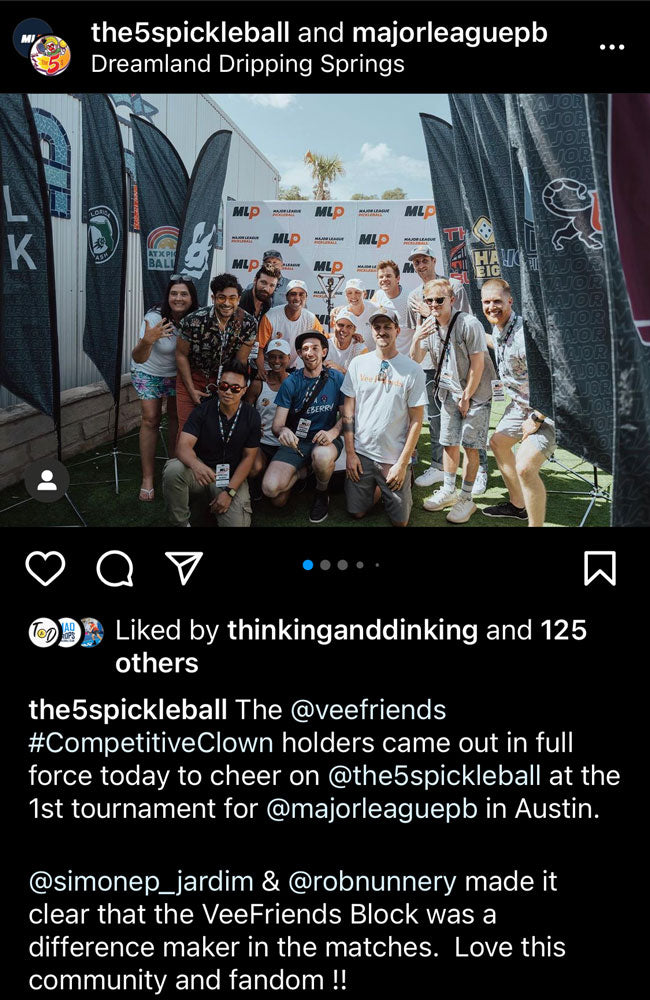
- Unique use of data to compare your skills to pro players in order to be able to better relate to and connect with the pros (which may already be starting with the creation of DUPR and its data tables);
- Varying camera angles, so that the fans can pick and choose their own courts to watch, camera angles, and overall viewing experience;
- Better production technology (for instance, microphones on players to capture banter, emotion, strategy, and more);
- In the future, maybe extended reality where you could use your phone to view action or engage with your favorite players or teams on any pickleball court (think of this like a Pokemon Go augmented reality concept); and/or
- More access and interaction with players, owners, and other stakeholders via social media or other events.
These concepts of innovation, technology, and personalization can be expensive enterprises—particularly, for a sport as niche as pickleball. However, with two billionaires in the sport (Tom Dundon with the PPA Tour and Steve Kuhn with Major League Pickleball), and investors like LeBron James (a new MLP owner), Drew Brees, Gary Vaynerchuk, Brene Brown, and so on, pickleball could be poised to tackle one of its most complicated issues yet—how to grow a loyal and engaged fan base for pickleball to be a sustainable professional sport.
However, as Ben Shields noted on Pickler The Podcast, every new technology has both positives and negatives. The new technology could disrupt the world for the better or for the worse. Let’s make sure all new technology in pickleball is for the better.
For the full episode of Pickler The Podcast with Ben Shields, see below:


